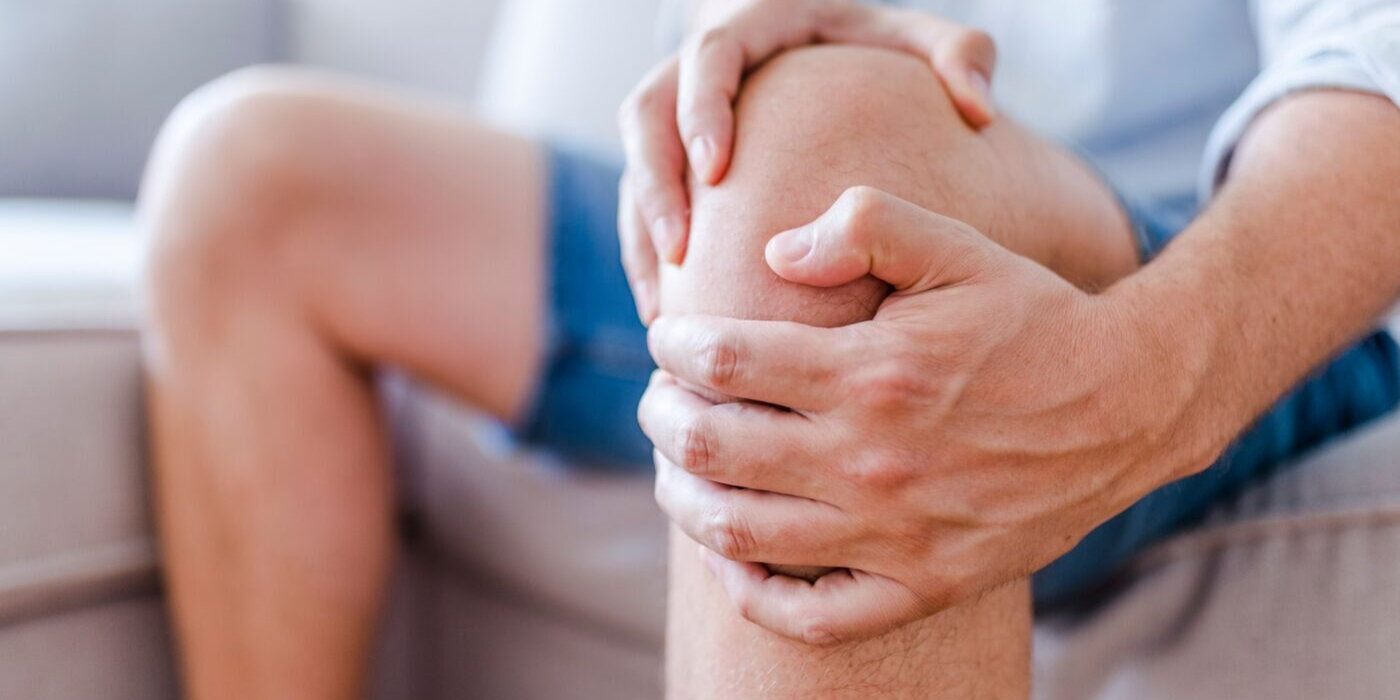Fear, worry, and anxiety are natural responses that each person shows to perceived threats, or to face unknowns and uncertainties.
Therefore, it is understandable that people have such reactions against a pandemic with an unknown factor. Covid-19 affects the lungs, heart, liver and kidneys. Although this virus does not have a direct effect on the brain, its pandemic has devastating effects on mental health, and women are the most vulnerable group in this case.
In the covid-19 pandemic, in addition to the fear of contracting the disease, drastic changes have also occurred in daily life. Restrictions on movement and movement, working at home, schooling at home, temporary unemployment and losing physical contact with family members, friends and colleagues are all changes that can affect our mental health.
This disease not only causes public health concerns, but also causes a number of psychological diseases, including anxiety, fear, depression, avoidance behaviors, irritability, sleep disorder, and post-traumatic stress disorder. In this situation, it is necessary to maintain the mental health of people because people in different parts of society may experience stressful stimuli during the spread of Covid-19. People in different parts of a society may experience psychological symptoms of covid-19 during the rising phase of the disease. This includes patients with Covid-19, quarantined people, health care workers and family members of medical workers, children, university students, pregnant women, and families.
In a study by Non-profit organization Care International conducted, it has been determined that although all people are affected by worry, anxiety and mental fatigue caused by the covid 19 pandemic, the rate of serious psychological complications such as anxiety, anorexia, insomnia and impairment in the ability to do daily tasks in women is three times that of men. Is. (27% in women vs. 10% in men). This study was conducted on 10,400 men and women from different countries, including the United States, Latin America, and the Middle East.
Part of the factors causing anxiety are economic factors. These factors have affected women more. For example, in the United States, from February to May 2020, 11.5 million women were laid off, compared to 9 million for men. Meanwhile, women make up 66% of the workers in 40 jobs with the lowest income in the country.
Even if women are employed, they bear the main responsibility of the house and work with children, and this imposes more psychological burden on them. When the educational programs are transferred to the home, it is the women who bear the main burden of caring and monitoring the children. In developing countries, these conditions are even more difficult for women. In the Care study in Bangladesh, of 542 participating women, 100% reported an increase in mental health problems. In some areas of this country, even under normal conditions, women do not have the possibility to leave the house without a man accompanying them, and the travel restrictions have made the situation much more difficult for them, in such a way that they are even deprived of the possibility of accessing mental health services. has done. Many women in these countries have mentioned such sentences in the qualitative study: I don’t know how many days I will be able to feed my family, I will soon lose my job and I have no savings. Similar problems exist in the Middle East. In Lebanon, 49% of women reported job loss, while this rate was reported by 21% of men.
Women are more likely to work in high-risk jobs. Care’s study in Palestine showed that working women are often employed in jobs such as nursing, teaching, and other jobs that involve a lot of contact with people. Meanwhile, if they develop symptoms of psychological distress, they have access to fewer resources. Access to mental health services is reported to be 8% for women and 67% for men. In these countries, women only have the possibility to refer to female therapists, while the number of female therapists is less, especially during the Covid-19 era. In other Asian countries, employment in factories and hospitals is added to these.
The business has failed, the economy has been hurt, the mourning of loved ones are the most visible consequences of this global pandemic.
The World Health Organization has published a set of considerations for maintaining mental and social health during the Covid-19 pandemic. In this documentary, recommendations are provided for different groups of society in the field of maintaining mental health, the summary of which is as follows:

Messages for the general population
• Covid-19 will affect many people from different geographical areas. Do not associate the disease with a particular ethnicity or nationality. Empathize with people of any nationality who are affected by the disease. These people have not committed any sin, they need our kindness, empathy and support.
• Do not use Covid as a nickname for affected people or families. People’s identity is separate from their disease and giving nicknames like this leads to stigma and psychological and social pressure on people.
• Avoid watching and listening to the news that causes you anxiety. Pay attention only to information from reliable sources. Just pay attention to the information that will help you to plan for yourself and your family in practice. Go to the disease news at certain times of the day. Constant checking of information causes anxiety. You can get the correct information from the World Health Organization website.
• Take protective measures for yourself and help others in this regard. Helping others and creating solidarity improves mental conditions.
• Use different opportunities for positive conversations. For example, talking about people who have recovered from Covid or people who support others in this field. Of course, if the person is satisfied with the expression of personal information.

Messages for healthcare workers
• In the current situation, it is very normal for you and your colleagues to feel under pressure. This does not mean that you are weak or ineffective. Maintaining your mental health is just as important as maintaining your physical health.
• Take care of yourself. Take enough rest between shifts. Have proper and healthy nutrition. Be physically active and keep in touch with family and friends. Avoid using drugs, smoking and alcohol. These substances will harm your physical and mental health in the long run. You know better than anyone else what you can do to reduce your stress. The current conditions will not change soon and it is not like a track race but like a marathon.
• Unfortunately, some healthcare workers are abandoned by family members due to fear or social stigma. Use the facilities of the virtual world to keep in touch with your loved ones. Stay in touch with colleagues, managers and other people you trust. These people have the same experience as you.
• Choose the appropriate method to convey your meaning or message to people who have difficulty in terms of literacy or cognitive level. Do not limit yourself to written training only. Identify other services available in your area and connect people in need to these services.
Messages for mothers and other caregivers:
• Help children express feelings such as sadness or fear. Every child has his own way of expressing feelings. Sometimes doing creative activities such as playing and painting can be helpful. Expressing feelings in a safe and supportive environment helps children to get rid of this feeling.
• Separation from the primary caregiver is stressful for children. If it is necessary for the child to be separated from his usual care, make sure of the alternative caregiver. Making regular phone or video calls (once or twice a day) between parents and children during the day helps to reduce this tension.
• Maintain the child’s routine plans or arrange new routine plans for him. These activities can be educational or game. Having social relationships even limited to the family is good for children.
• In stressful situations, children show more feelings of dependence. Explain the problem to them in honest, age-appropriate language. If the child is worried about this, tell him that you can overcome this worry better together. Children observe the behavior of adults and learn how to manage their emotions in critical situations. In this regard, more resources have been published by the World Health Organization and the consultant can also help you.
Messages for the elderly or those with underlying diseases and their caregivers:
• Elderly people, especially those who have cognitive problems or dementia, are more likely to experience anxiety, anger, stress, restlessness, and isolation in the harsh conditions of disease outbreak or quarantine. Practical and psychological support of the family, caregivers and health care personnel is necessary for them.
• Provide them with simple instructions to reduce the risk (washing hands,…) in a clear, respectful, patient and understandable language. Repeat the subject when necessary. You can use display, image or text to transfer information. Get help from other family members to give this information.
• If you have an underlying medical condition, make sure you have access to the medicines, supplies and services you need. Make sure you have two weeks’ worth of medication. Be prepared for issues that may arise urgently (for example, requesting a taxi).
• Have simple physical activity and light sports. Maintaining physical activity helps to reduce the feeling of boredom.
• Maintain your routine activities or create new routines. These activities can include cleaning, softening, painting, reading, etc. be Be in touch with your loved ones by phone or video.

Messages for people in quarantine:
• Keep in touch with the social network through the phone and virtual networks. Have or create daily routines.
• Pay attention to your feelings and needs in times of stress. Have healthy activities. Exercise and sleep regularly and eat healthy food.
• Pandemic news can cause stress for anyone. Set aside regular hours to search for news. Refer to reliable sources of information such as the World Health Organization website and avoid rumours.












